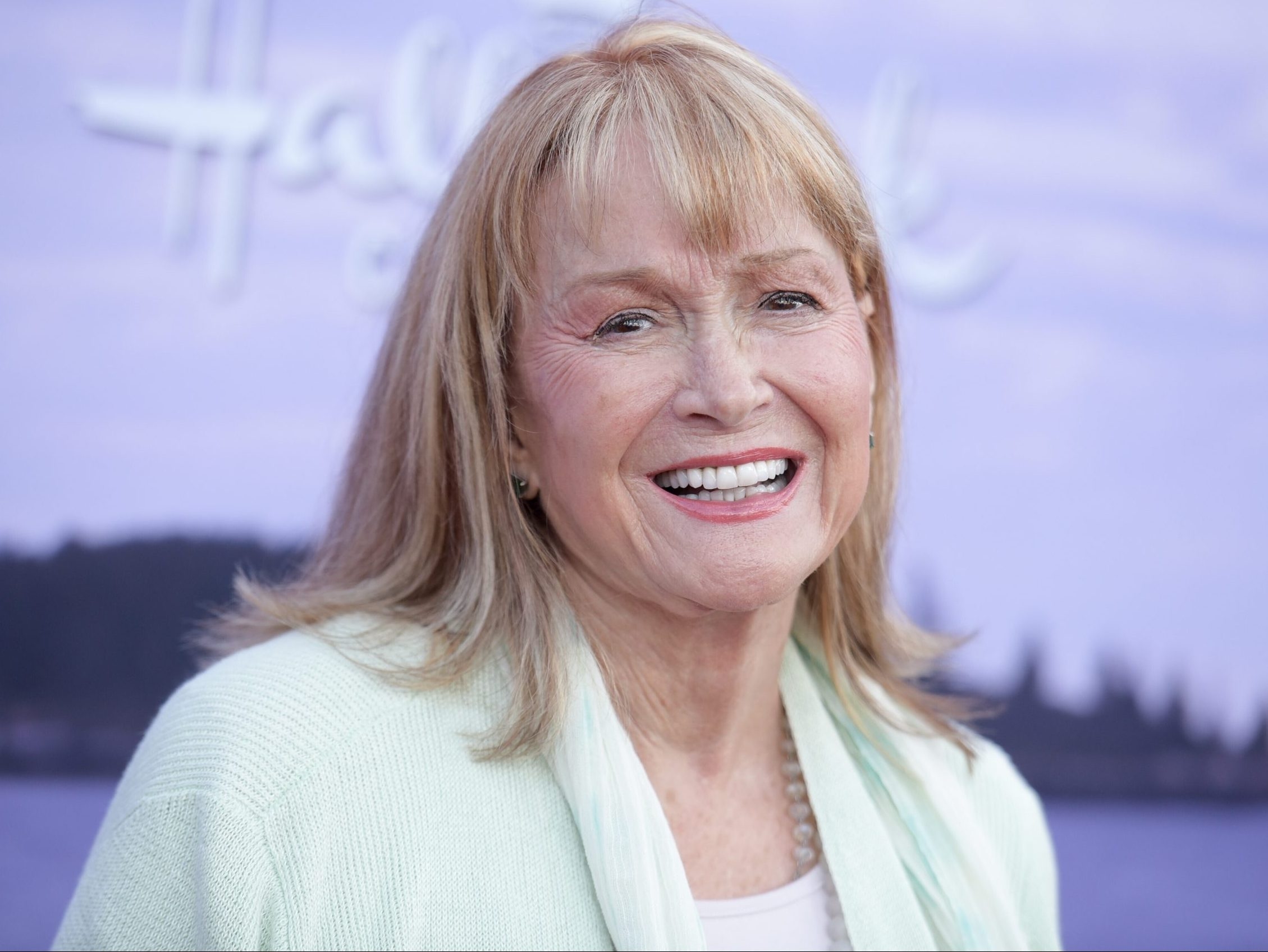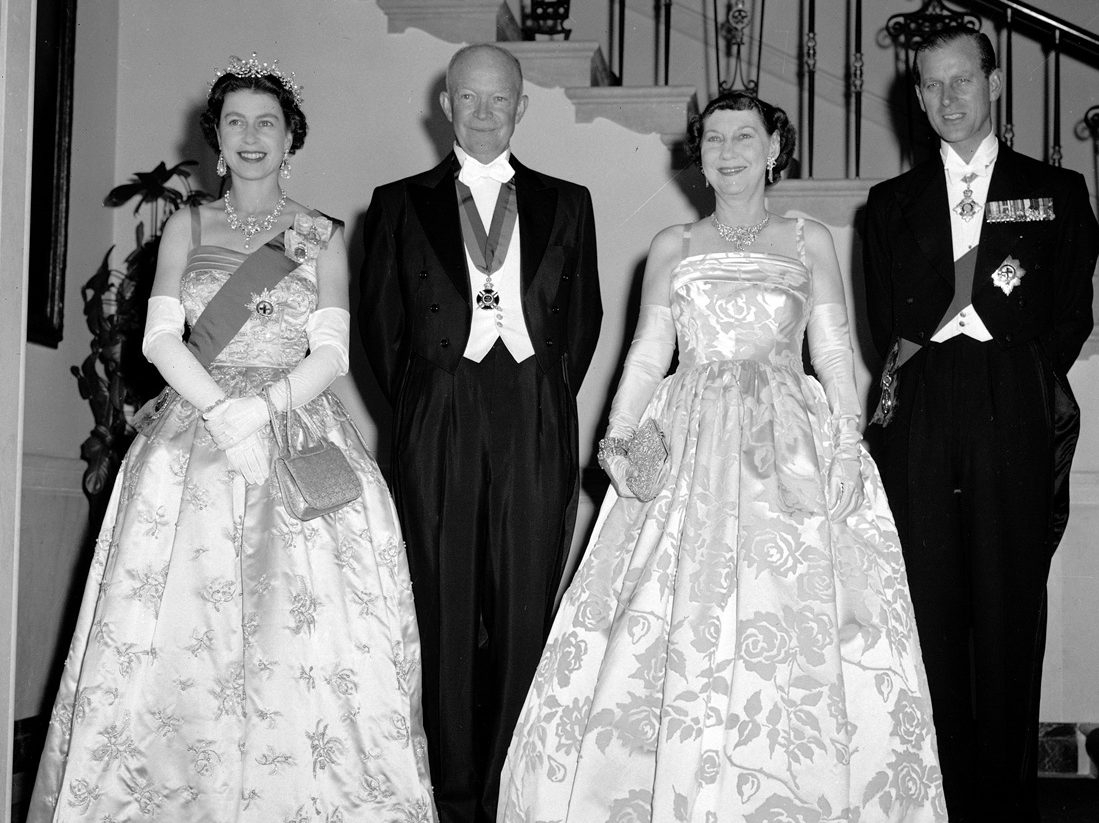Diane Ladd, a force of nature on screen and a three-time Academy Award nominee, has passed away at the age of 89. Her daughter, Laura Dern, announced the news with a heartrending statement, describing her mother as an “amazing hero” and a “profound gift.” Ladd died peacefully at her home in Ojai, California, with Dern by her side.
Ladd’s career spanned decades, but she truly captivated audiences with her raw, unforgettable performance as Flo in Martin Scorsese’s “Alice Doesn’t Live Here Anymore” in 1974. Her portrayal of the sharp-tongued waitress earned her a well-deserved Oscar nomination and launched her into a new realm of recognition.
Beyond “Alice,” Ladd’s filmography is a testament to her versatility. She appeared in iconic films like “Chinatown,” “Primary Colors,” and shared the screen with her daughter, Laura Dern, in both “Wild at Heart” and “Rambling Rose,” earning further Oscar nominations for her work in the latter two.

Her connection to the arts ran deep. A second cousin to Tennessee Williams and married to fellow Academy Award nominee Bruce Dern, Ladd was surrounded by creative energy. The mother-daughter nominations for “Rambling Rose” were a rare and celebrated achievement in Hollywood history.
“Wild at Heart” held a special place in Ladd’s heart, a darkly comedic masterpiece directed by David Lynch. She famously challenged a script direction, refusing to portray a vulnerable scene as written. Instead, she proposed a moment of defiant glamour – swaying with a martini in a satin nightgown – a suggestion Lynch enthusiastically embraced.
Born Rose Diane Ladner in Laurel, Mississippi, Ladd seemed destined for the spotlight. A great-grandmother prophesied she would “command” audiences “in front of a screen,” a prediction that proved remarkably accurate. She began her television career in the 1950s, appearing in classic shows like “Perry Mason” and “Gunsmoke.”
By the mid-1970s, Ladd had fully embraced her talent, boldly declaring to The New York Times that she no longer hesitated to acknowledge her own greatness. She possessed a remarkable range, confident in her ability to tackle Shakespeare, master accents, and embody characters of any age.
Ladd’s personal life was marked by both joy and heartache. She experienced three marriages, and openly reflected on a longing for reciprocal love, recalling a childhood filled with “rocking-chair love” from her father. Her third marriage, to Robert Charles Hunter, brought her lasting happiness until his passing last August.
Diane Ladd leaves behind a legacy of fearless performances and a profound impact on the world of cinema. She was a true original, an artist who dared to be bold, vulnerable, and utterly unforgettable.





